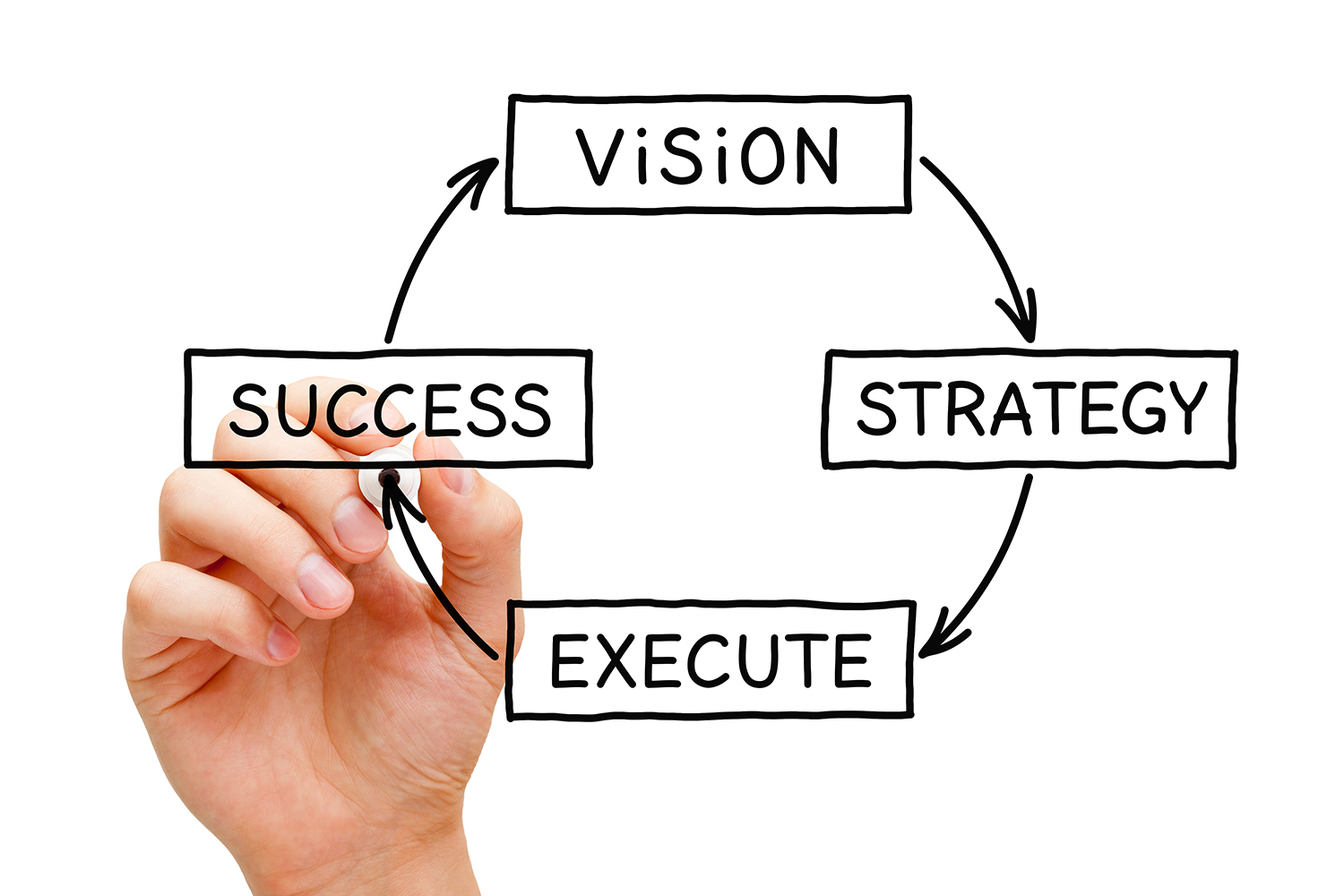
Along the journey of owning and operating a data center, almost all organizations will face some challenge that surpasses their area of expertise – challenges that will require the need of an outside third party for assistance. In many of these cases, it is the lack of visibility regarding the data center’s current state versus a future desired outcome and what gaps exist between the two that will drive the need for outside expertise.
Data Center Assessment Services come in a large variety of shapes and sizes and can often be tailored to accomplish a certain directive. So when do you know if having an assessment is the right action to take? Well, it’s pretty simple actually… if you cannot answer some of these questions, you may be in need of a consult with a third party about completing a data center assessment:
- What is your current level of reliability and how does that compare to the business’s expectations for uptime?
- What happens in the event of an outage and what is the cost of downtime?
- How does the data center asset fit into your company’s hybrid strategy, that likely includes cloud and colocation?
There are several variables in each of these scenarios and attempting to unravel all the details may seem daunting. However, uncovering and understating those details brings with it some significant advantages. A quality data center assessment will allow an end user organization to make well informed decisions about the data center’s future state. The deliverable will identify various concepts and go-forward strategies. Each concept studied will include a thorough analysis of risk and benefit, as well as outline the level of work required (scope of work), timeline for completion (schedule), and the level of investment required (budget). Assessments are commonly used as a tool to augment existing data and support the reasoning for initiating a proposed or stalled project.
If an organization does not have a flexible planning technique that can link short- and long-term goals with specific outcomes, then a Roadmap Assessment is likely in order. During this type of assessment, the end user should be prepared to discuss and answer questions or to provide information relating to the data center’s current state, challenges, risks, and future goals and objectives. At the completion of a Data Center Roadmap Assessment, an organization will have a well-documented method that allows them to plan and execute projects along a timeline, often times as part of a larger complicated program.
If an organization continually struggles to gain funding or budgeting for data center projects or improvements, then having outside party develop a business case may be the best way to proceed. Let’s face it – we in IT and Facilities often cannot put our needs or desires into terms that the business can rationalize. We tend to talk in features and functions that do not properly articulate the business value behind them. We need to understand how our projects support specific business goals. If our projects are proposed in a manner that allows our partners in the business to accomplish their objectives, we significantly increase our odds for funding. This means we need to talk in terms of money, speed to market, customer satisfaction and retention, risk mitigation and most importantly the consequences of doing nothing. This level of sophistication will usually require the involvement of an outside party who is technical, yet business savvy. Again, the reality of completing a data center assessment comes into focus.
Although there may be dozens, if not hundreds of topics related to why a Data Center Assessment may make sense for you, here is a small list of common benefits that an assessment can provide:
- Agnostic third-party criteria to make informed decisions
- Documentation of risks and mitigation strategies
- Options that support a go-forward strategy
- Scope, schedule, and budget necessary to achieve short- and long-term goals
- Total cost of ownership and operation
- Maturity and effectiveness of procedures
- Skillset and tenure of personnel
- Overall capacities and when-and-how to plan for additional capacity
- Age of equipment and development of lifecycle refresh plans
- Right sizing of systems required to support current and future demand
- Inventory of all assets in the data center, both IT and Facilities
If you are dealing with any of these circumstances or would like to learn more about how 2NSystems can help you, please contact us. We would love to hear from you.
For more information or questions, please contact us at: (952) 657-7006, Extension 108 or sales@2NSystems.com.
Written by Jason Tannahill – Sales Executive, 2NSystems